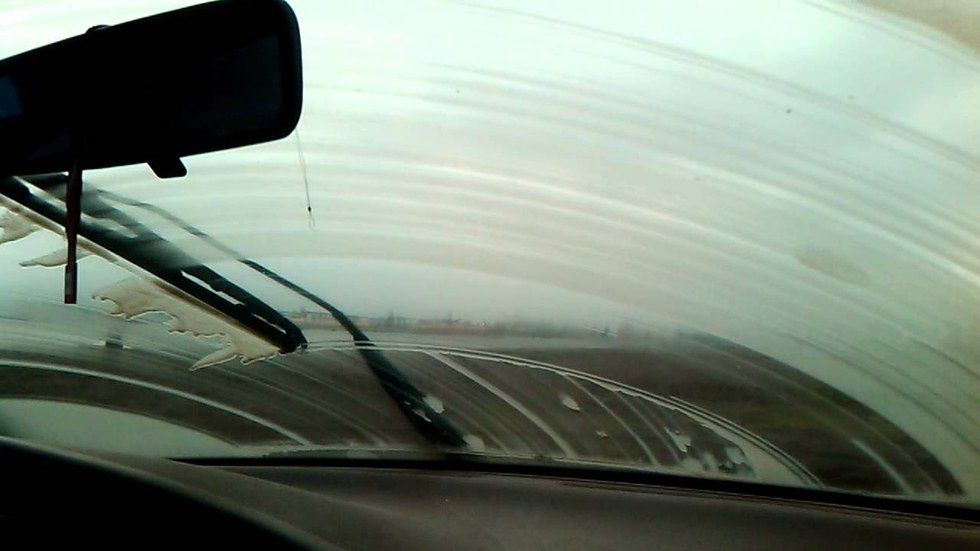If you go to Colorado Mesa University �and are heading back home this winter break to the metro area, then you know you have the long and way too familiar drive with I- 70. Though this drive can be incredibly beautiful and quick, it can also be very boring and sometimes scary- especially during winter. But I am no rookie to this long awaited journey-- so for anyone new to these roads this may be advice for you, and if you are a veteran like myself, this will merely be things you can relate to! Throughout my years of experience, I have compiled a list of four major tips when driving on I-70: WINTER EDITION.
1. Avoid fines up to $650 and to save your life; use snow tires.
“We know the I-70 corridor is a very challenging corridor, with lots of volume on the weekends and extreme weather. But it’s really accidents that can cause the worst of the delays,” said Margaret Bowes, Program Manager for the I-70 Coalition.
Because I-70 goes straight through Colorado's ski country and everyone goes skiing towards the weekend... put that together and what do you get? Lots of snow.
Check your tires before you make your trip and make sure you are prepared for hazardous conditions. In fact, it is now required by law to follow the minimum standards for snow performance. According to the Cornell University Law School website, the "Code 16" that is enforced during severe storms states that:
...any other offense that is a felony and that, by its nature, involves a substantial risk that physical force against the person or property of another may be used in the course of committing the offense.
So do yourself, the police officer pulling you over, and the people around you a favor and get snow tires.
2. Windshield Wiper Fluid
There is no avoid the splash-back of the dirty snow and slush. No matter how far behind you drive behind someone. It is important to get a good windshield wiper fluid (WWF) and to make sure the WWF tanks is full and raid for your four hour drive.
There have been times where I forgot this step and I ended up having to take the next exit to find the nearest place to get WWF.
3. Carry Supplies In case of Emergency
I am thankful that an emergency has never happened to me, but at least I know I am prepared in the worse ever happens. In the trunk of my car I have a box full of things I could possibly need if my car stops working and I am waiting for someone to come get me, a road is closed etc...
In this box you can find a case of water, granola bars, blankets, a first-aid kit, and (of course) jumper cables.
4. Drive for the Weather
Plain and simple. If the weather is in bad condition: SLOW DOWN AND TAKE YOUR TIME.

























